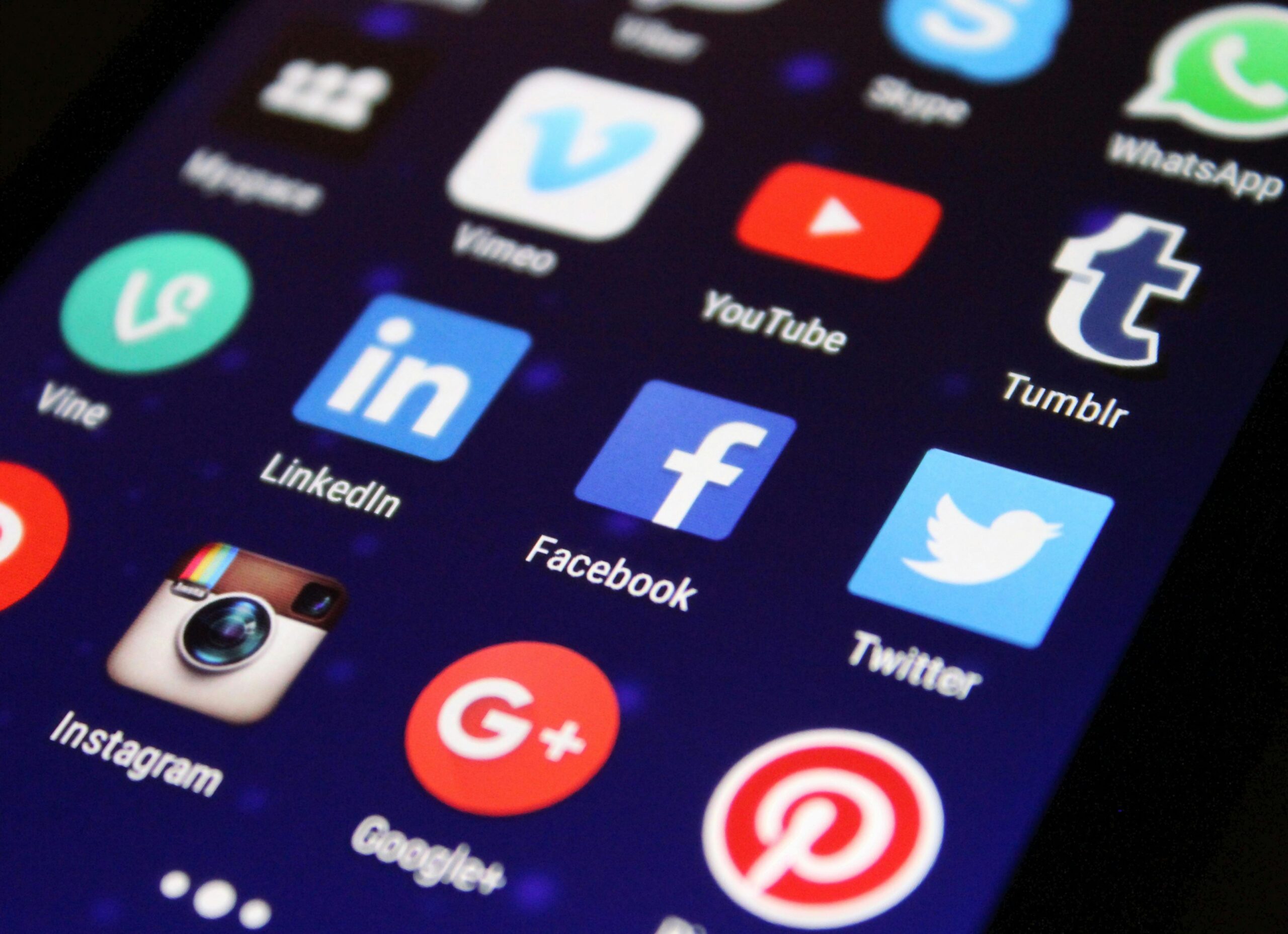I remember the first time I signed up for social media. It felt like opening a door to a bigger world. Suddenly, I could see what my friends were up to, share my thoughts instantly, and connect with people I would never meet in real life. It was thrilling — and a little overwhelming.
At first, it seemed harmless. A funny meme here, a status update there. But over time, I started to notice something strange: my attention span was shrinking. My emotions felt more reactive. I was thinking less in long, connected ideas and more in short, fragmented bursts. And I realized I wasn’t alone.
Social media has profoundly changed the way we think — not just in what we think about, but how we process information, form opinions, and even see ourselves. And the more time I spend reflecting on it, the more I believe this change is one of the most important stories of our time.
Thinking in Bites, Not Meals
One of the most obvious changes is how social media has trained our brains to crave short, rapid bursts of information. We scroll, we swipe, we like, we move on. Attention spans have become shorter, not just because there’s more content, but because platforms are designed to reward quick engagement.
I find myself sometimes struggling to focus on long articles or deep conversations. It’s like my brain has been wired to expect a constant stream of novelty. Complex ideas that require patience and deep thinking can feel harder to digest. Social media encourages breadth over depth — knowing a little about a lot of things instead of diving deeply into a few.
Sometimes that can be fun — I love discovering new ideas! — but I also wonder: what are we losing when we stop thinking deeply?
Thinking for Performance, Not Reflection
Another big shift I’ve noticed is how social media subtly turns every thought into a potential performance. Before posting, I sometimes catch myself thinking, Will people like this? Will it get engagement? Instead of reflecting quietly or thinking for myself, I’m tempted to package my thoughts for public approval.
Social media platforms reward us with likes, shares, and comments, which creates a powerful incentive to think in ways that are popular, shareable, or emotionally charged — even when that doesn’t necessarily align with honesty or nuance. Over time, it’s easy to internalize these patterns without even realizing it.
I wonder how many of my ideas have been unconsciously shaped by the invisible hand of the algorithm.
Thinking in Groups, Not as Individuals
Social media also changes how we form opinions by pulling us into tribes. It’s natural to want to belong. We find communities online that reflect our values and interests. But sometimes, this can morph into groupthink — where disagreement feels like betrayal and nuance disappears.
I’ve caught myself hesitating to express doubts or ask difficult questions because I feared backlash from my own “side.” In a world where online mobs can form in minutes, the pressure to conform is real. Social media amplifies this by promoting content that provokes strong emotional reactions — outrage, loyalty, anger — over content that encourages careful thinking.
In many ways, social media pushes us toward thinking in teams, rather than thinking as independent, curious individuals.
Thinking for Speed, Not Wisdom
The pace of social media also changes the tempo of our thinking. We feel the need to react instantly: to comment, to respond, to have an opinion now.
But some of the best thinking I’ve ever done has come from slowing down — from sitting with a problem, reading carefully, reflecting quietly. Social media encourages the opposite. It rewards hot takes over thoughtful analysis, speed over wisdom.
When everything moves fast, we can mistake being informed for being wise. But those two things aren’t the same.
Is It All Bad?
I don’t want to paint social media as a villain. It has opened up incredible opportunities for connection, learning, activism, and creativity. I’ve discovered brilliant writers, inspiring stories, and global conversations I would have never been part of otherwise.
Social media can give marginalized voices a platform. It can spread important ideas. It can spark real-world change. I’ve seen it happen. I’ve participated in it.
But I think we owe it to ourselves to be honest about the costs too. The internet — and social media especially — is not a neutral space. It shapes us, subtly and profoundly. It trains our minds, our emotions, our habits. If we don’t think carefully about how it’s affecting us, we risk being shaped in ways we don’t even notice.
How I’m Trying to Reclaim My Thinking
Lately, I’ve been trying small experiments to reclaim my mind from the currents of social media:
- Taking regular breaks — weekends offline, or at least a few hours unplugged every day.
- Consuming slow media — reading books, listening to long podcasts, watching documentaries that demand deeper focus.
- Questioning my reactions — when I feel outrage or glee over a post, I ask: Who benefits from me feeling this way?
- Seeking diverse viewpoints — deliberately following people outside my normal “bubble.”
- Thinking in private first — before posting, I spend time journaling or just thinking things through for myself.
These practices aren’t about rejecting social media altogether. They’re about using it more intentionally — and protecting the parts of my mind that need silence, patience, and depth.
At Pensar la Web, this is exactly the kind of reflection I want to keep doing — asking not just what the internet can do for us, but what it’s doing to us.
Because the way we think shapes the world we live in. And I believe the world needs more thoughtful minds than ever.


